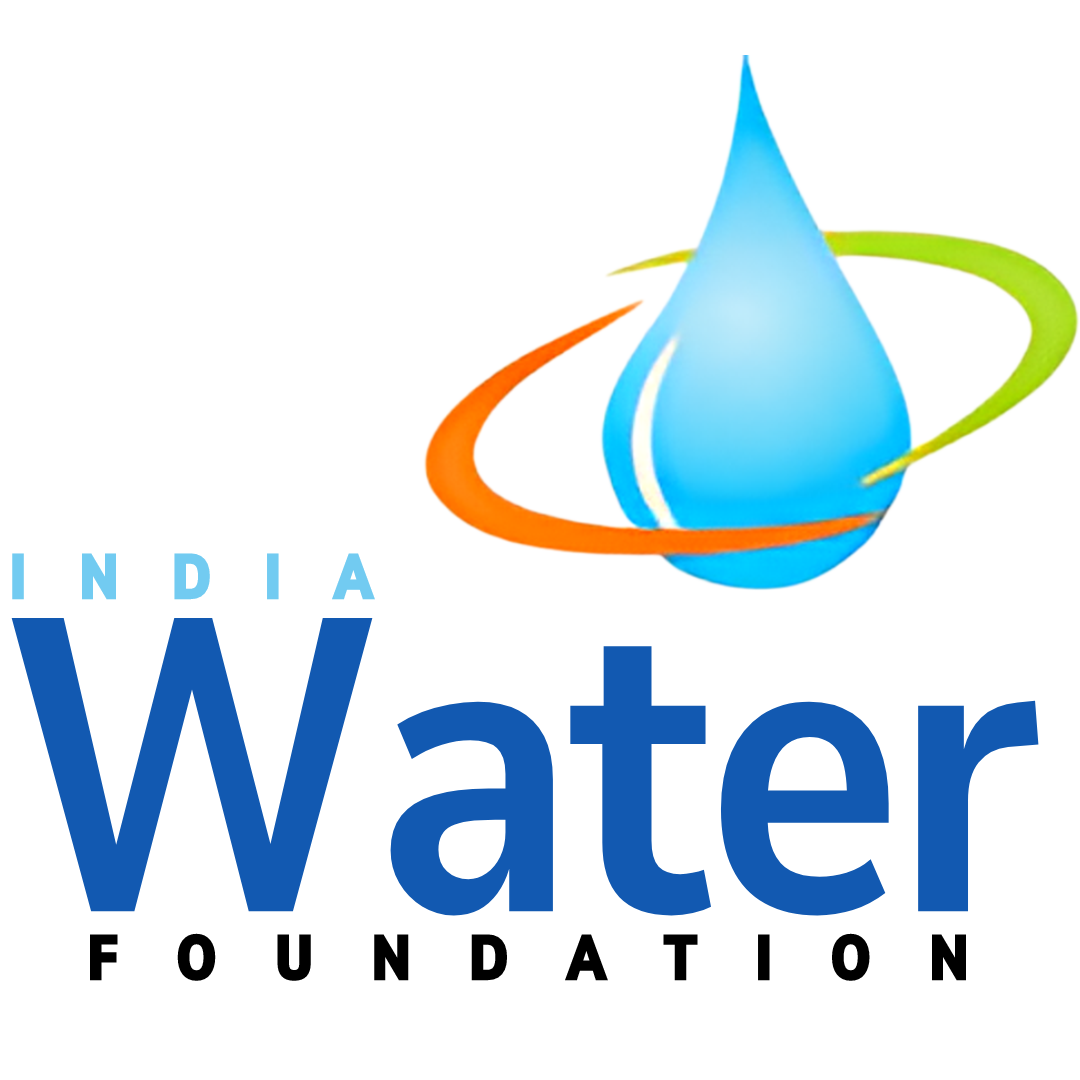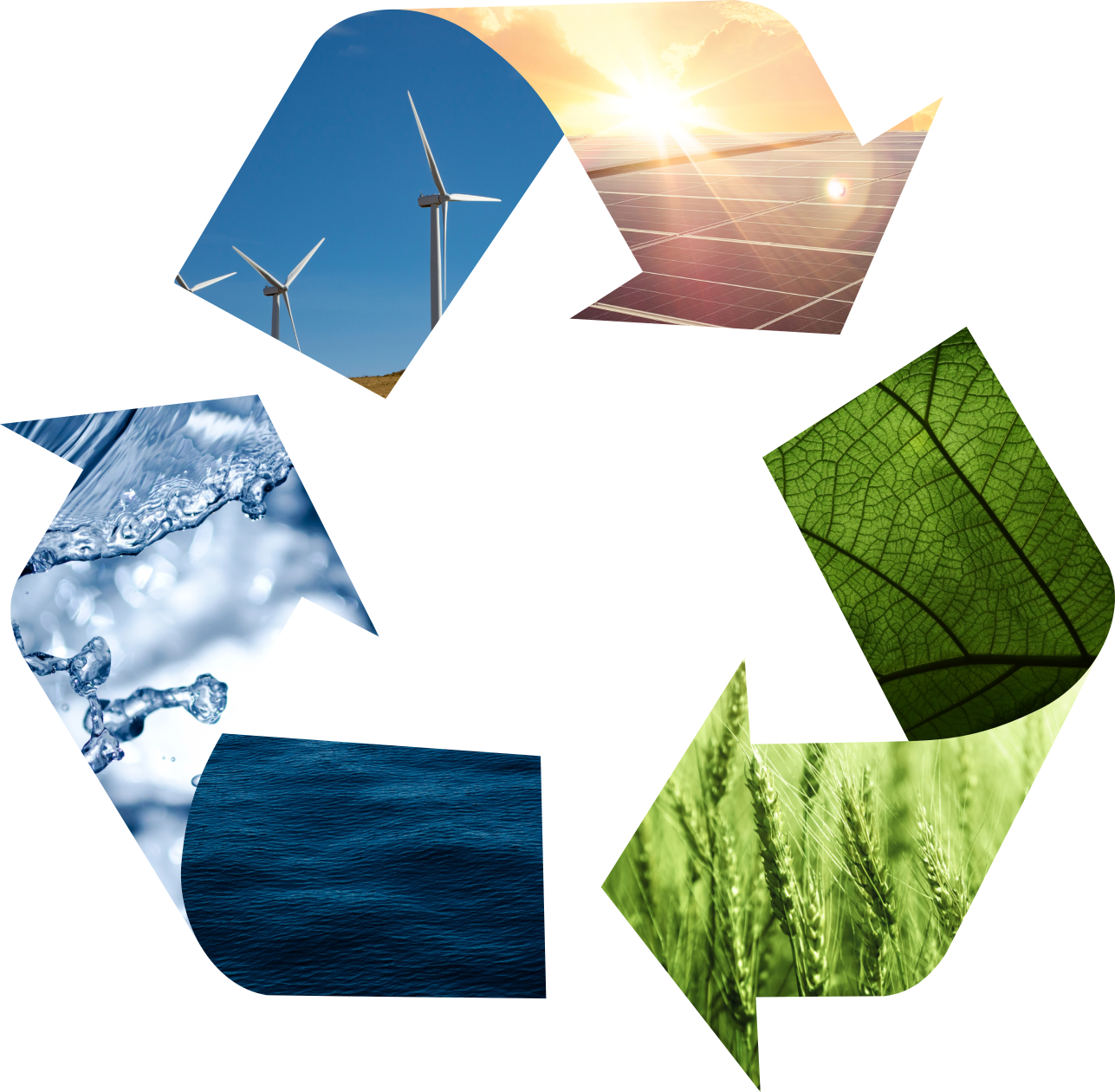Supported By:




Organised By:

India Water Foundation’s
International Conference on Deciphering Transversality of Water-Energy-Environment Nexus
For speakers, the last date to submit their abstract is 25th November, 2024.
Sessions on Day 1
International Conference on Deciphering Transversality of Water-Energy-Environment Nexus
Inaugral Session
Plenary Session
High Level Leadership Dialogue
Deciphering Water-Energy-Environment Nexus through Multi-sectoral Dialogues
The world is experiencing rapid environmental changes, suffers from water and energy insecurities and is highly vulnerable to climate change impacts. Environmental degradation and scarcity, as well as the uneven distribution of natural resources, are triggering tensions in the region. Business as usual is no business at all. The nexus approach offers innovative solutions to utilise natural resources in a sustainable manner by bringing all sectors around the negotiation table.

Water use efficiency in industrial sector amidst climate emergency
The rapid expansion of population and industrial activities worldwide have led to acknowledging the critical importance of water conservation. Addressing the escalating water usage within water- intensive industries is essential, given their significant contribution to the economy alongside their substantial impact on water resources. Amongst the water-intensive industries, thermal power plants are the highest consumer of water, followed by pulp & paper, textiles, and iron & steel industries. Existing challenges or inefficiencies in water management practices, such as over- extraction, pollution, or lack of wastewater treatment, further exacerbate the situation.
Implementing benchmarking strategies can be beneficial in assessing and enhancing water use efficiency within these industries. There has to be a set of possible actions to improve industrial water use efficiency for resilient economies climate action and human settlement, by encouraging and including new technologies and policy reforms”. This theme holds considerable potential for significant water savings within each industrial sector, offering valuable insights for the development of policies aimed at improving water use efficiency.
Factoring Water in Green Hydrogen Production
In the pursuit of a sustainable future, green hydrogen has emerged as a promising solution for clean energy production. As the world strives to reduce greenhouse gas emissions and shift away from fossil fuels, the role of water in the production of green hydrogen cannot be overstated. Water, a seemingly ordinary substance, becomes a vital component in the quest for a greener and more sustainable energy landscape. In the production of green hydrogen, the quality of water used is an
important factor that can impact the efficiency and overall sustainability of the process. While water itself is a renewable resource, certain considerations need to be taken into account regarding its quality to ensure optimal performance and minimize potential issues.


Multi Stakeholder partnerships for Inclusive disaster risk Management
One of the fundamental pillars for inclusive disaster risk reduction is the the call for collaborative action among various stakeholders – that is, all sections of society working together with governments to build resilience. In the last ten years, deliberations on inclusion have shifted from perceiving persons and groups subject to increased risk as passive victims towards recognizing them as proactive participants who can and must contribute alongside governments and other stakeholders in all aspects of planning, design, implementation, and monitoring of Disaster Risk Reduction and Disaster Risk Management. More and more focus on resilience has led to increased initiatives that aim to address the underlying drivers of risk, including the inequalities that lead to the exacerbated vulnerabilities of particular groups. This session highlights the benefits of a cross-
sectoral approach to disaster resilience that engages stakeholders across government, communities, business and the non-profit sphere to enhance inclusive disaster risk management.
Sessions on Day 2
International Conference on Decifering Transversality of Water-Energy-Environment Nexus
Pathways to decarbonisation and net zero energy sector through water circularity
The energy-consuming and carbon-intensive wastewater treatment plants could become significant energy producers and recycled organic and metallic material generators, thereby contributing to broad sustainable development goals, the circular economy, and the water-energy-sanitation-carbon nexus. However, wastewater remains an undervalued resource, all too often seen as a burden to be disposed of or a nuisance to be ignored. This perception needs to change to correctly reflect its value – as wastewater is a potentially affordable and sustainable source of water, energy, nutrients, organic matter and other useful by-products. The world is in the midst of an energy transition, with important social and economic implications depending on the pathways that are chosen. The energy pathways will define the basis for its future development, including economic prosperity, business and employment opportunities as well as health impacts.


Environmental co-benefits of Ecosystem Restoration
The conservation of healthy ecosystems – while vitally important – is now not enough. We are using the equivalent of 1.6 Earths to maintain our current way of life, and ecosystems cannot keep up with our demands. Simply put, we need more nature. The good news is that nature has an extraordinary capacity for renewal. While some ecosystems are approaching a tipping point from which they cannot recover, many others can flourish again if we stop the damage and restore their health, biodiversity and productivity. The restoration of ecosystems at scale is no small task, and it will take a concerted effort to truly restore the planet. Lats aim to catalyse a global movement among local communities, activists, women, youth, indigenous groups, private companies, financial investors, researchers and governments at all levels to restore aquatic, coastal, forest, mountain and other ecosystems.
Renewable energy and its impacts on water and environment
Renewable energy is derived from natural sources that are continuously and sustainably replenished. Renewable energy comes from wind energy, solar energy, biomass energy, biogas energy, geothermal energy, hydro power and offshore wind, wave, and tidal energy. Power generated by renewable sources, such as wind, water, and sunlight, does not produce harmful carbon dioxide emissions that lead to climate change, which causes drought, wildfires, flooding, poverty, health risks, species loss, and more. Even though both renewable and non-renewable energy sources require land for infrastructure, renewable energy systems often have a smaller footprint. However, if not done properly, renewables can also contribute to disturbing communities, wildlands and wildlife.


Environment, Water and Health Trilemma: Sustainable strategies for the future
The environment, water, and health trilemma presents a critical challenge for sustainable development, as the interconnectedness of these elements directly impacts global well-being. Degradation of natural ecosystems leads to water scarcity, reduced biodiversity, and compromised public health. Climate change exacerbates these issues, threatening water resources and exposing communities to waterborne diseases and health risks. Sustainable strategies for the future must focus on an integrated approach that balances environmental protection, water resource management, and public health outcomes. Nature-based solutions, such as reforestation, wetland restoration, and sustainable food systems, can enhance water security while improving ecosystem resilience. Additionally, investing in clean water infrastructure, promoting water conservation, and addressing pollution can mitigate health risks. By adopting holistic approaches, we can break the cycle of environmental degradation, water scarcity, and poor health, leading to a healthier, more sustainable future for all.
Panel discussion (organized by IWF, UN ESCAP SANS Members)
Interdisciplinary approaches for achieving energy and water sustainability in South and South West Asia
Energy and Water security can only be achieved if it is supported by an enabling environment that establishes systemic and cross-cutting changes, including integrated policies targeting synergies across sectors, while managing the demand by all users and stakeholders. Efforts to achieve this through multi-sectoral, coordinated policies and inter-disciplinary approaches will have multiple positive effects by addressing these challenges holistically, taking into account the needs of various sectors. Such an environment will reflect the interconnectedness between sectors while respecting the needs for energy and water by individuals and communities.

Valedictory Session
Awards Evening
Interested in participating at the conclave as a speaker?
Register now to get started.
How To Apply As A Speaker
Anyone can apply to become a speaker at the conclave. The individual / organization must be registered as a delegate by purchasing the Ticket To Conclave to be considered a valid nomination.
Fill in the application, upload your screenshot of transaction as a proof of Ticket and send it to us. You will have to upload an abstract of what you want to present in your application for us to verify. If selected, you will be contacted by us to finalise the details.




